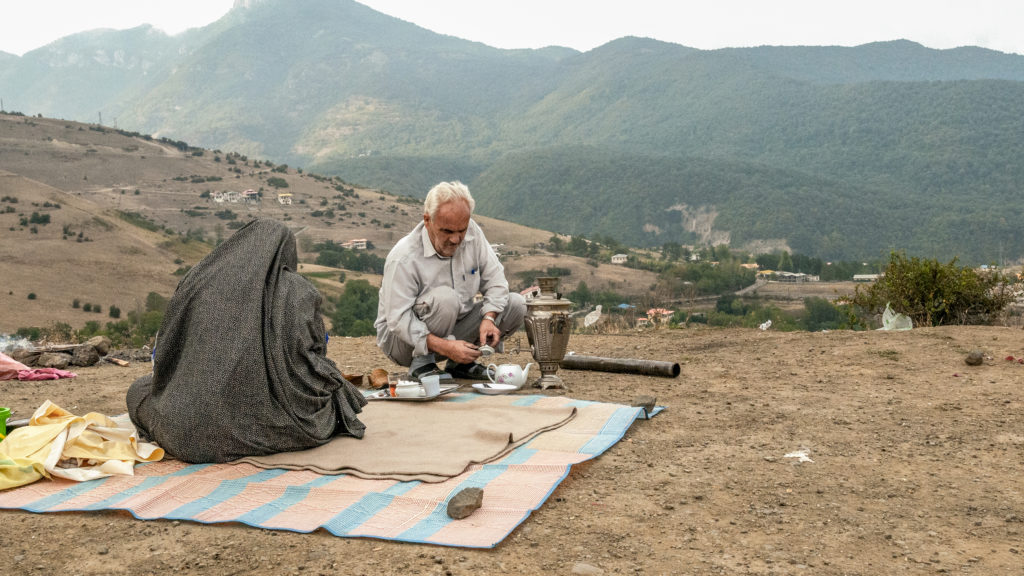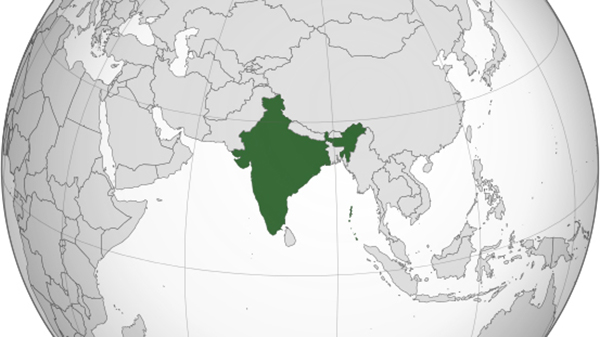For the second straight year, the U.S. State Department listed Burma, China, Iran, Iraq, Sudan, Serbia and the Taliban of Afghanistan as severe violators of religious freedom.
Robert Seiple, ambassador-at-large for international religious freedom at the State Department, listed the “countries of particular concern” Sept. 7 just two days after the State Department released its second annual report on global religious freedom.
The International Religious Freedom Act requires the president to take some action against those seven countries within 90 says. There is broad authority, however, given to the president to waive imposing any sanctions at all, but he must tell Congress why. Theoretically the president could also delay action for another 90 days, pushing the date past his term in office.
The refusal this year to add any additional “countries of particular concern” (CPC) drew sharp criticism from a 10-member independent commission also created under the two-year-old law. The commission’s role is to advise and monitor the administration and Congress, giving it no power to directly sanction countries found to be harsh toward religious freedom.
Seiple and members of the Commission on International Religious Freedom testified before House and Senate foreign-relations committees Sept. 7.
In the Senate Foreign Relations Committee, Seiple said the act establishes a “very high standard” for CPC designation. A country must have engaged in or tolerated “systematic, ongoing, egregious violations of religious freedom accompanied by flagrant denials of the right to life, liberty and security of persons such as torture, enforced and arbitrary disappearances, or arbitrary prolonged detention.”
Seiple said the same seven nations listed last year merit the status again, but added, “After carefully reviewing these records, I have concluded that no other countries reach that standard.” Secretary of State Madeleine Albright approved Seiple’s recommendations, he said.
However, Firuz Kazemzadeh, vice chairman of the U.S. Commission on International Religious Freedom, said the commission was disappointed that the commission’s advice to include four other countires was not heeded. The commission believes Laos, North Korea, Saudi Arabia and Turkmenistan should have been added to the list.
Speaking for the commission, Kazemzadeh applauded the State Department’s report and increased focus on religious freedom in foreign policy. The State Department has incorporated many of the commission’s suggestions, he said.
But he criticized the State Department report for “labeling what are really positive developments … as improvements,” confusing “positive steps with real and fundamental progress in eliminating religious persecution.”
In Laos, Kazemzadeh pointed out, the State Department report called the release of religious prisoners a “significant improvement. But the Laos section noted that the government’s already poor record for religious freedom deteriorated in some respects.”
Seiple spoke to Associated Baptist Press outside the Senate hearing room about the State Department’s disagreement with the commission on listing the four additional countries. “In each case, we had diplomacy working,“ he said.
“We had some significant breakthroughs, for instance in Laos, with prisoners being released,” Seiple continued. “And when we talked to some of our sources of information, we were told that if we were to make such designations, it would set back the spirit of the law. It would be more difficult for people to worship, not less difficult.”
He added, “That was information that we had that the commission did not have when it made its recommendations to us.” Also a hot issue at the hearings whether China should be given permanent normal trade relations status with the United States. The administration supports the action and the House of Representatives already approved it.
The commission opposes normalizing trade with China because of religious freedom abuses. The Senate is set to vote on the issue in the next few weeks.
The Sept. 5 State Department report said respect for religious freedom in China has “deteriorated” over the past year.
It also cited Afghanistan, Burma, Cuba, Laos and North Korea as having regimes in place with totalitarian or authoritarian attempts to control religious beliefs.
The report also found that countries such as Austria, Belgium, France and Germany “stigmatize” certain religious by “wrongfully associating them with dangerous cults or sects.”
Countries listed in a section detailing state hostility toward minority or nonapproved religions were Iran, Iraq, Pakistan, Saudi Arabia, Serbia, Sudan, Turkmenistan and Uzbekistan.
Also included in the report was a listing of countries whose nonaction for the cause of religious liberty induced concern. Egypt, India, Indonesia and Nigeria were found to have “state neglect of the problem of discrimination against, or persecution of, minority or nonapproved religions.” (ABP)





Share with others: